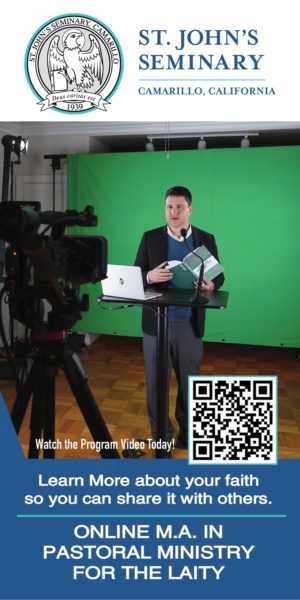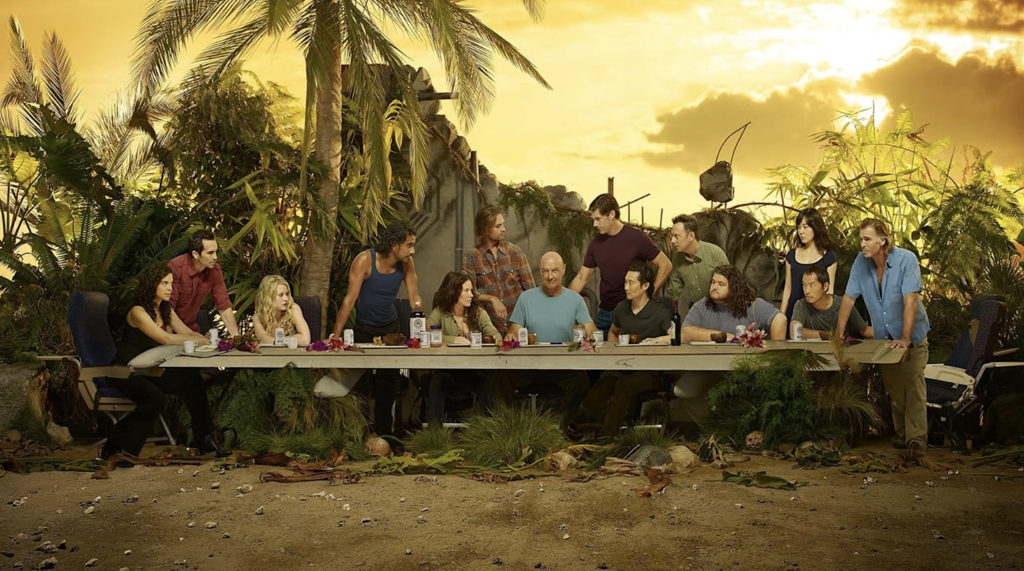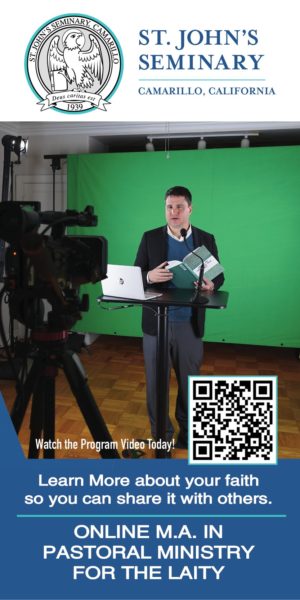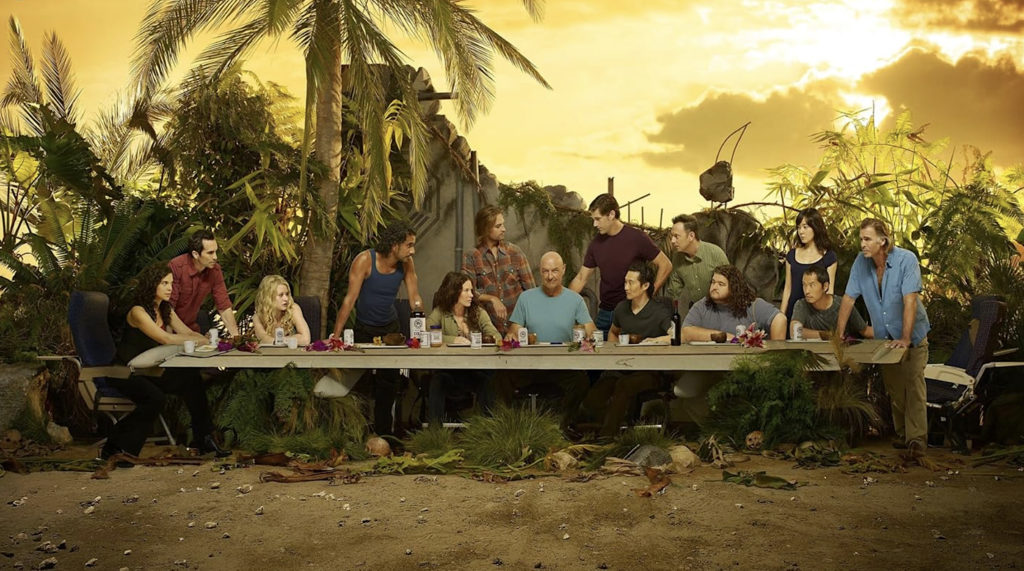## Is Mario Vargas Llosa a saint? Not quite, but this Nobel laureate’s stories might just make you see the world in a new light, especially if you’re Catholic.

Angelus News recently penned a piece exploring the surprising connection between the late Peruvian novelist Mario Vargas Llosa’s work and the Catholic faith. While Vargas Llosa himself was known for his intellectual and often controversial views, his novels grapple with themes of morality, faith, and the human condition in ways that resonate deeply with Catholic readers.

From exploring the complexities of religious devotion to delving into the struggles of individuals navigating a world torn between tradition and modernity, Vargas Llosa’s stories offer a unique and thought-provoking lens through which to view the challenges and triumphs of the Catholic experience.

From Catholicism to Agnosticism

Mario Vargas Llosa’s literary and personal journey is a compelling study in intellectual evolution. Born into a devout Catholic family in Peru, Vargas Llosa’s early life was deeply influenced by the Church. However, as he matured, his views on religion underwent a significant transformation. This shift was not abrupt but rather a gradual process, shaped by his exposure to diverse philosophies and his own critical engagement with religious doctrines.
Vargas Llosa’s novels often explore themes of faith and doubt, reflecting his own internal struggles. In “Aunt Julia and the Scriptwriter,” his protagonist grapples with the complexities of love and marriage, questioning traditional religious perspectives on relationships. This exploration of personal experience against the backdrop of societal norms foreshadows Llosa’s eventual departure from Catholicism.
While his novels don’t explicitly denounce religion, they implicitly critique its rigidity and its potential to stifle individual freedom. This critique aligns with Vargas Llosa’s broader political stance, which emphasizes individual liberty and social progress over established institutions, including the Church. His transition from Catholicism to agnosticism reflects a broader intellectual trend in Latin America, where secularism has gained ground in recent decades.
A Conservative Voice in a Left-Leaning World
Early Leftist Leanings
Vargas Llosa’s early political life was characterized by leftist sympathies. He was influenced by socialist and Marxist ideas prevalent in Latin America during the mid-20th century. This period saw the rise of revolutionary movements across the continent, and Vargas Llosa, as a young writer, felt drawn to these movements’ aspirations for social justice and economic equality.
Shifting Perspectives
However, Vargas Llosa’s disillusionment with leftist ideology grew over time. He witnessed firsthand the excesses and authoritarian tendencies of leftist regimes in Latin America, particularly the Cuban revolution under Fidel Castro. These experiences led him to question the utopian ideals of socialism and to embrace a more conservative worldview.
The Peruvian Presidential Candidacy
This shift in ideology culminated in Vargas Llosa’s decision to run for president of Peru in 1990. His campaign was a bold challenge to the entrenched political establishment, which was dominated by leftist parties. Vargas Llosa’s platform focused on economic liberalism, free market principles, and a strong defense of individual liberties. He ran against Alberto Fujimori, who ultimately won the presidency in a landslide victory. Despite the loss, Vargas Llosa’s candidacy marked a significant turning point in Peruvian politics, signaling a growing desire for change and a rejection of leftist hegemony.
The Challenge to the Church
Secularism and the Catholic Church
Vargas Llosa’s intellectual stance presents a challenge to the traditional role of the Catholic Church in Latin American society. His critique of religious dogmatism and his emphasis on individual autonomy resonate with the growing secularism among younger generations in the region. Vargas Llosa’s work reflects this tension between the enduring influence of Catholicism and the rising tide of secular thought.
Cultural Relevance
The Church’s ability to adapt to this changing landscape remains a key question. Vargas Llosa’s success as a writer, his ability to engage with complex social issues, and his willingness to challenge established norms highlight the need for the Church to evolve and find new ways to connect with its followers in a rapidly changing world. While Vargas Llosa’s views may not align with those of the Church, his work serves as a valuable reminder of the ongoing dialogue between faith and reason, tradition and modernity, in Latin America and beyond.
The Continued Relevance of Vargas Llosa’s Work
Enduring Themes of Love, Loss, and the Human Condition
Despite their historical context and often complex narratives, Vargas Llosa’s novels transcend time and place. The themes he explores – love, loss, betrayal, ambition, and the search for meaning – are universal human experiences that resonate with readers across generations and cultures.
A Bridge Between Cultures
Vargas Llosa’s ability to capture the nuances of Latin American society, its history, and its cultural complexities has made him a bridge between cultures. His work provides a window into a world often misunderstood or overlooked, inviting readers to engage with new perspectives and to appreciate the richness of human experience in all its forms.
A Call to Intellectual Engagement
Vargas Llosa’s writing is not merely entertaining; it is also intellectually stimulating. He challenges readers to think critically about the world around them, to question assumptions, and to engage with complex ideas. This commitment to intellectual rigor makes his work relevant not only for readers interested in literature but also for anyone seeking a deeper understanding of the human condition.
Conclusion
So, why should Catholics, or any thoughtful reader for that matter, delve into the world of Mario Vargas Llosa? The answer, as we’ve explored, lies in his unflinching exploration of faith, politics, and the human condition. Vargas Llosa doesn’t shy away from challenging traditional perspectives, forcing us to confront the complexities of our beliefs and the realities of our world. His works, imbued with keen social commentary and a profound understanding of human nature, offer a unique lens through which to view the intersection of religion and society.
By engaging with Vargas Llosa’s literary tapestry, Catholics can embark on a journey of intellectual growth and spiritual reflection. His stories illuminate the struggles and triumphs of individuals grappling with faith in a world often at odds with its tenets. They challenge us to examine our own beliefs, to question assumptions, and to engage in a more nuanced dialogue about the role of religion in our lives. As Vargas Llosa himself said, “Literature is a way of understanding the human condition.” In his words, and in his captivating narratives, we find not only a reflection of our own complexities, but also a powerful impetus to grapple with the enduring questions of faith, morality, and the search for meaning.
Let Vargas Llosa’s words be a catalyst for introspection, a spark that ignites deeper understanding and a richer engagement with the world around us.